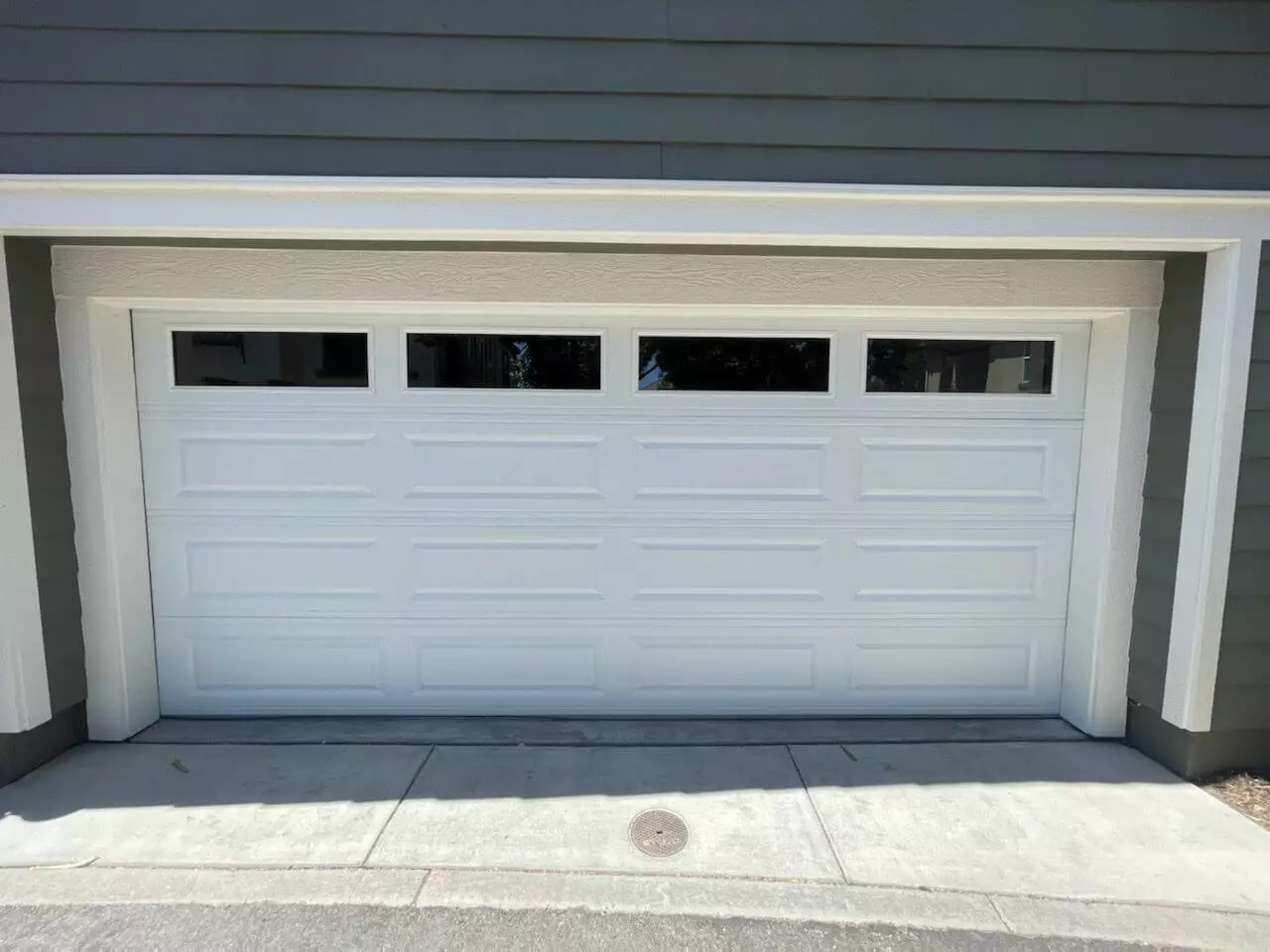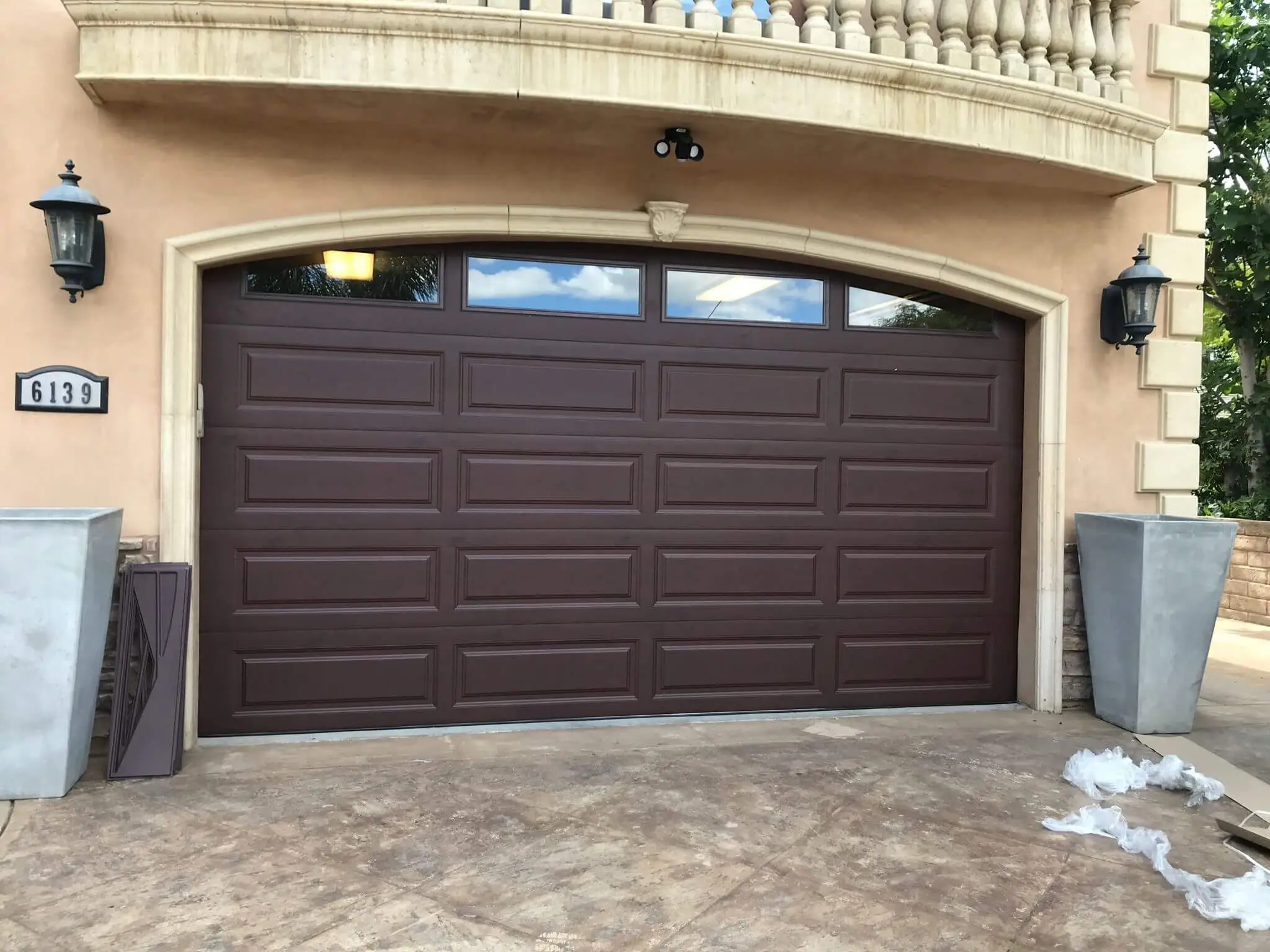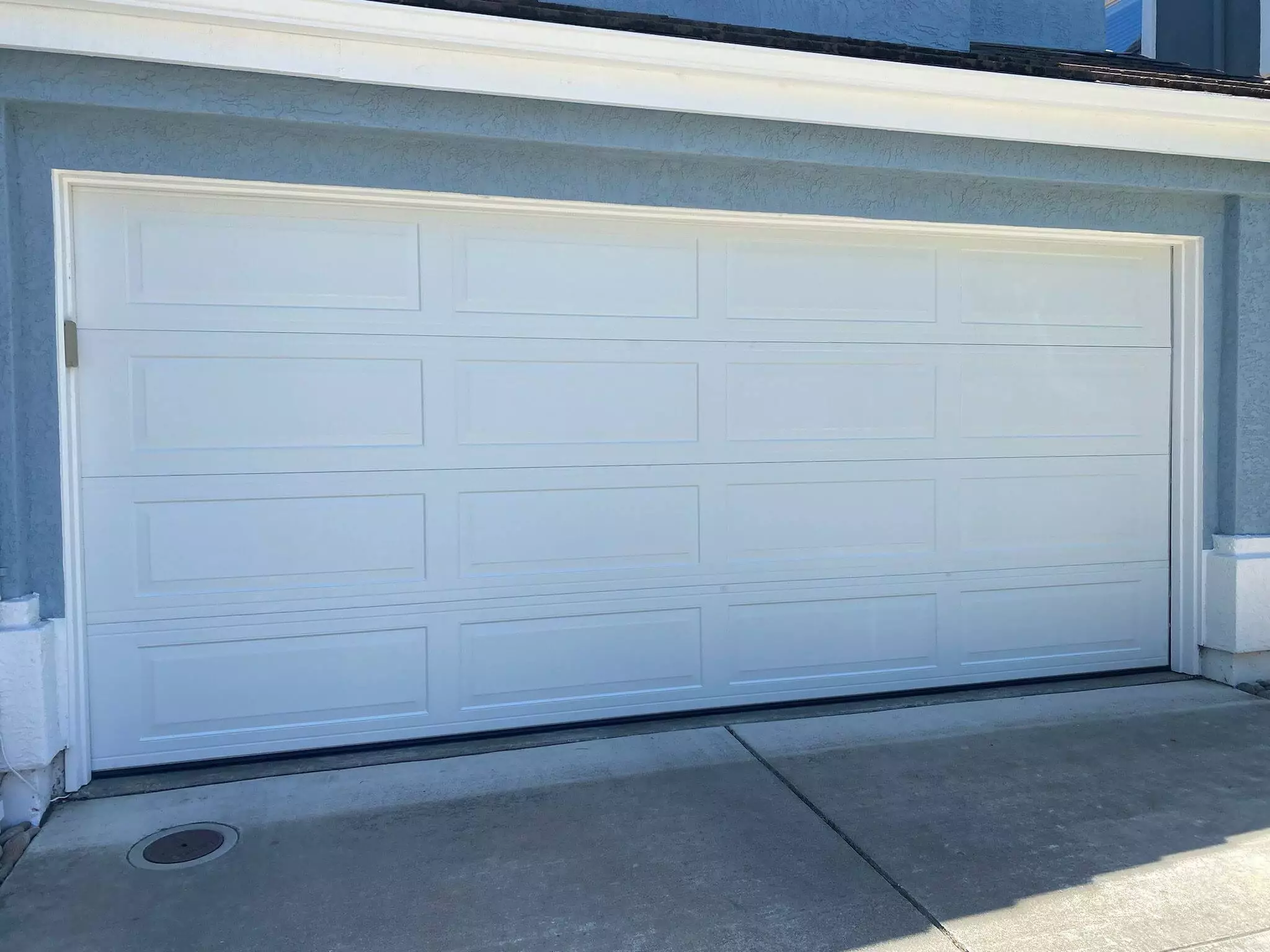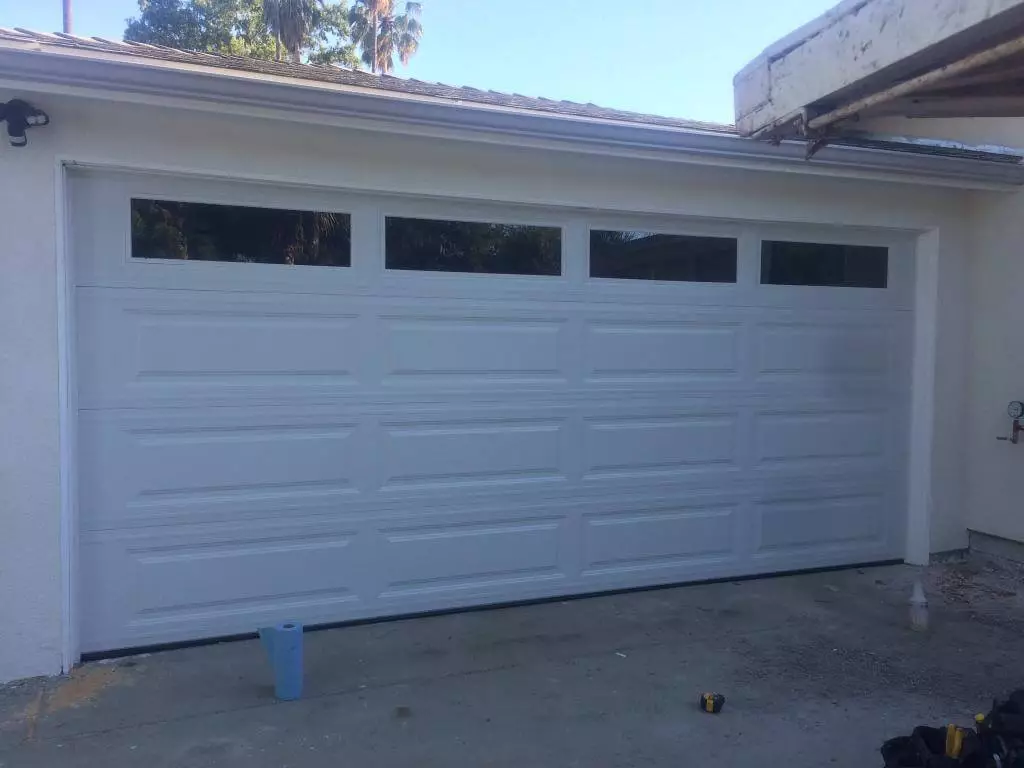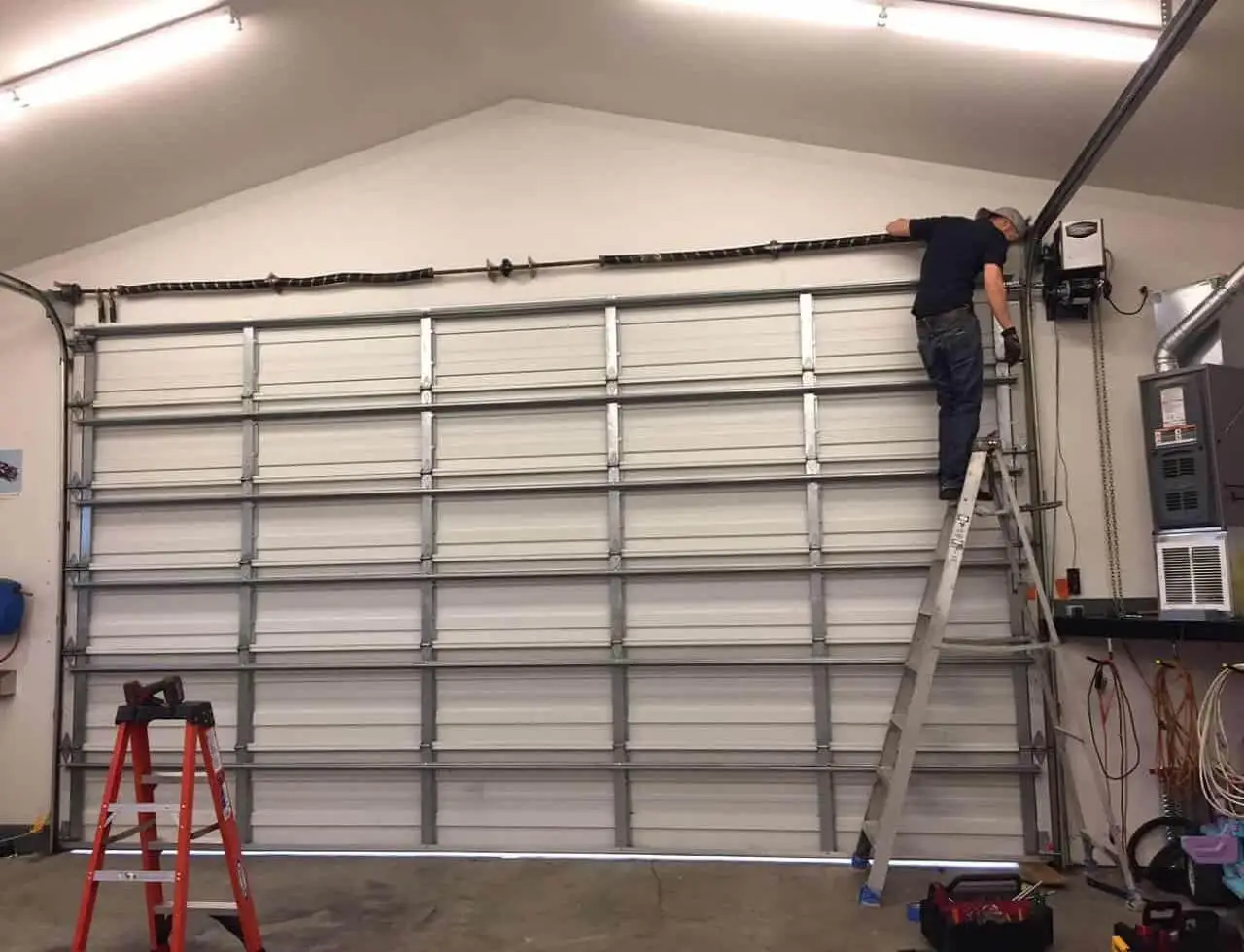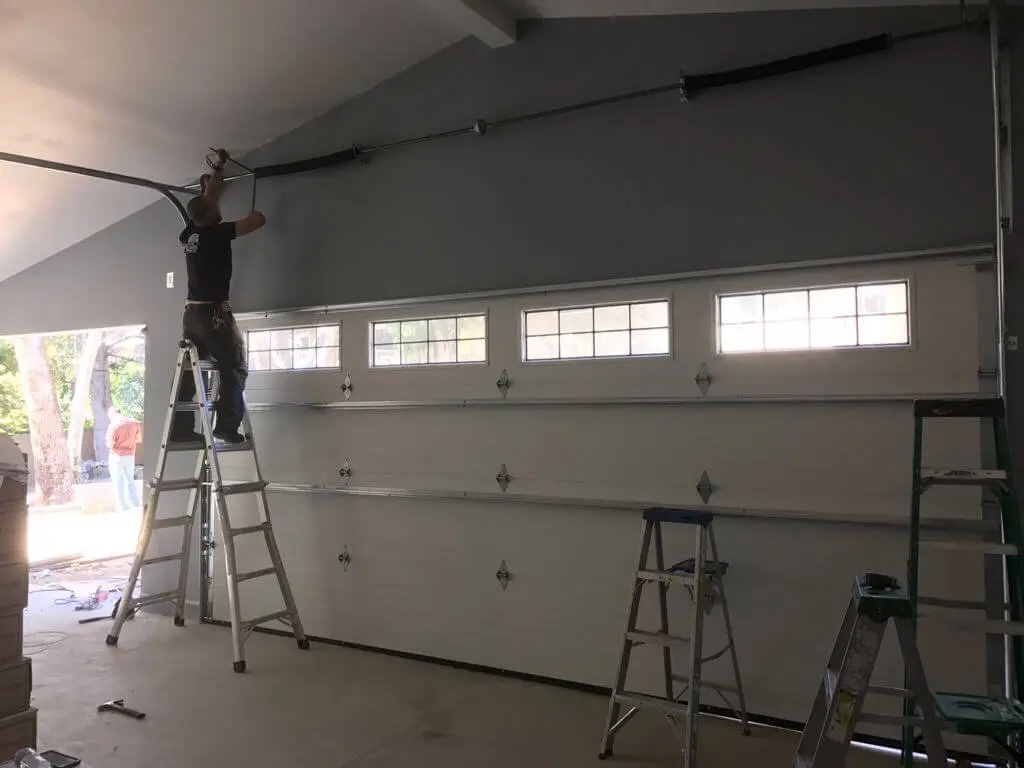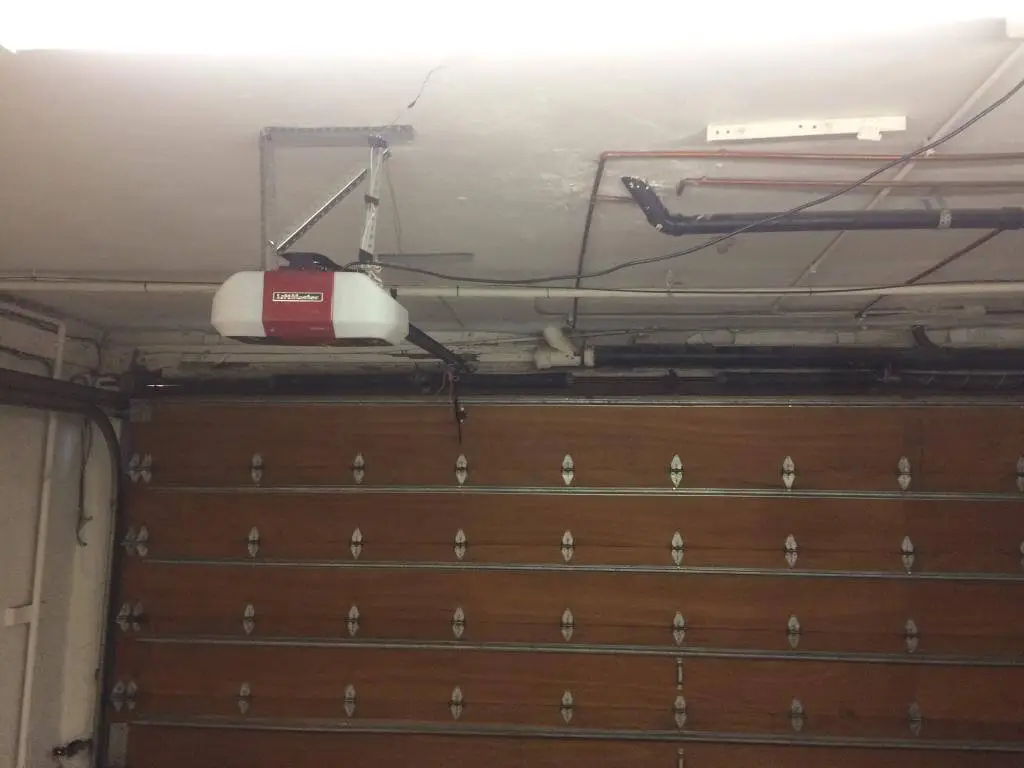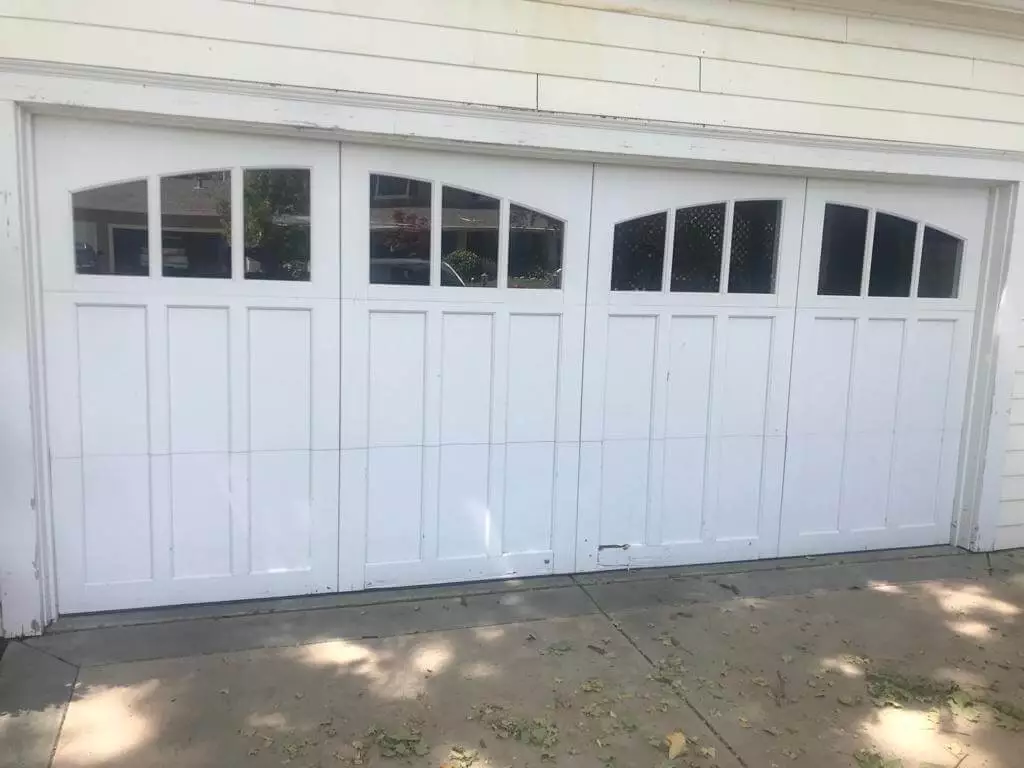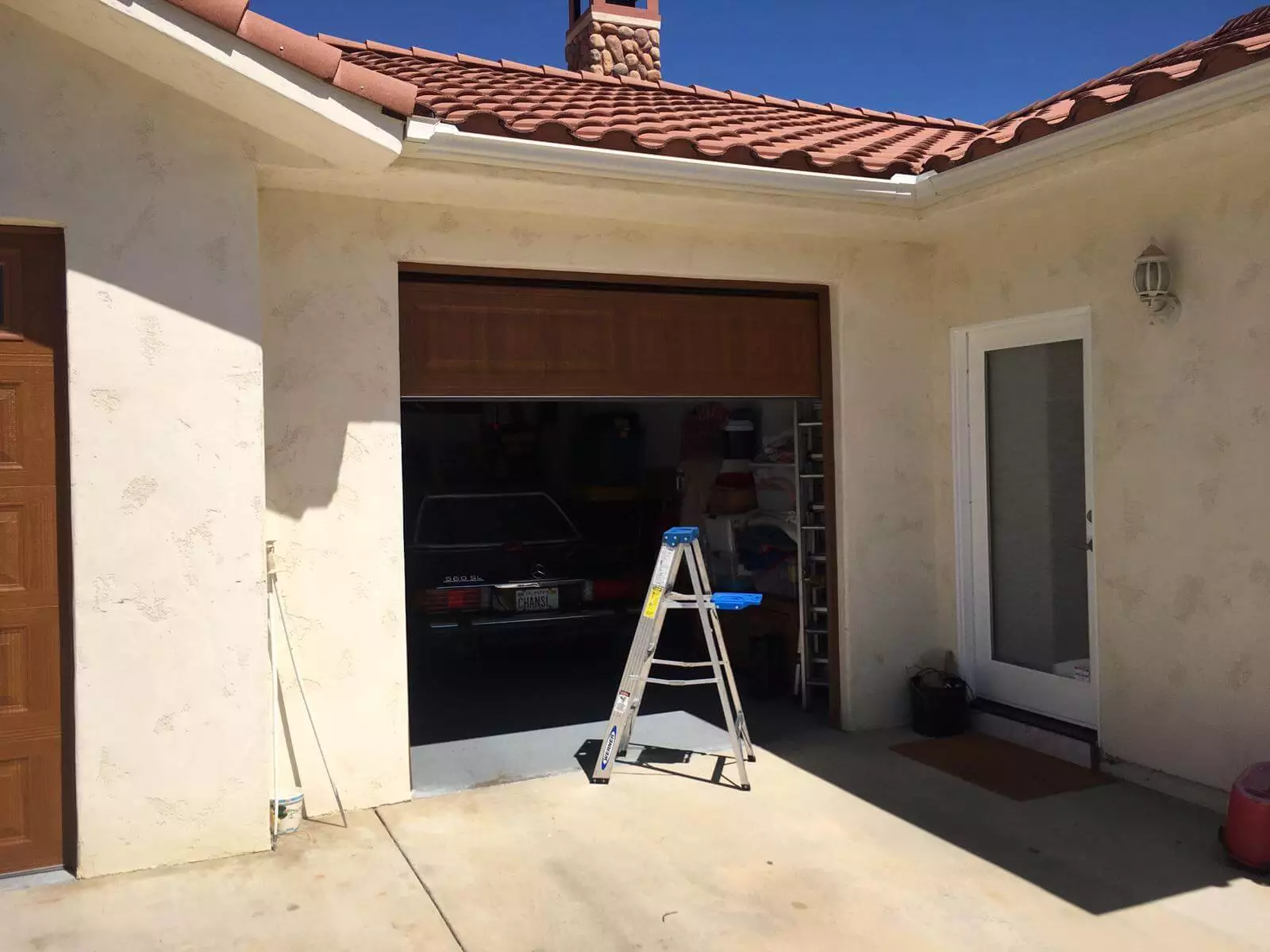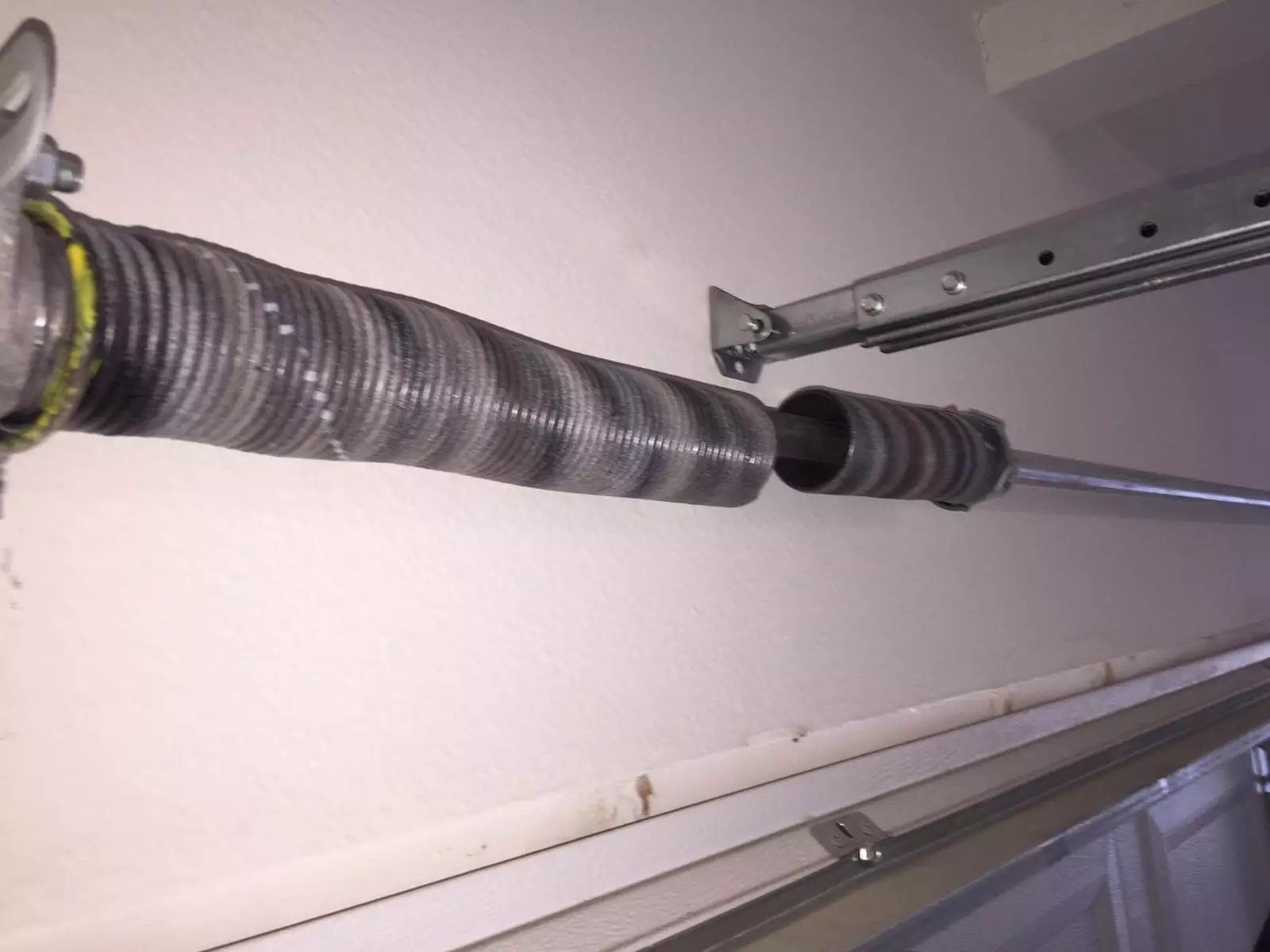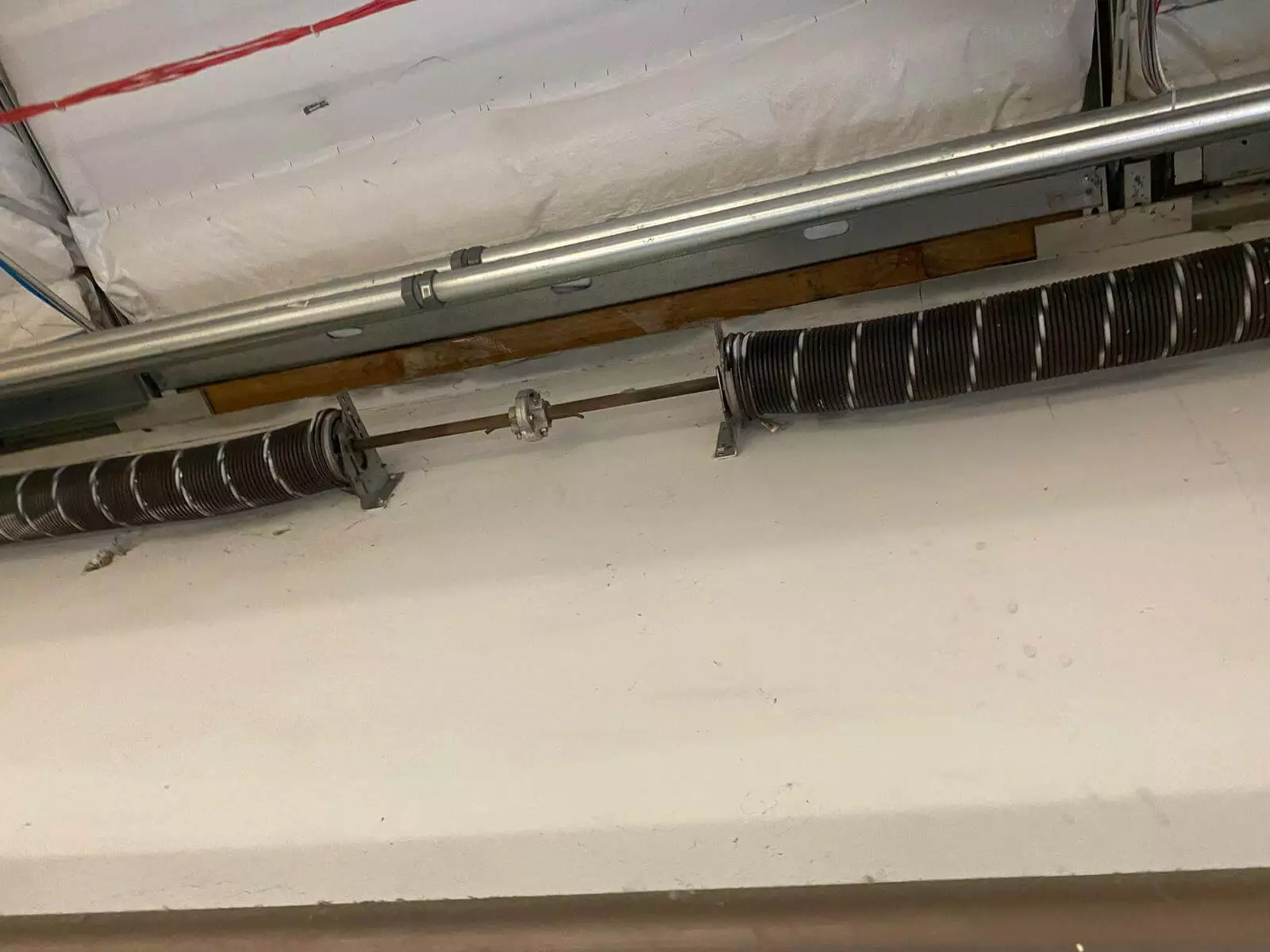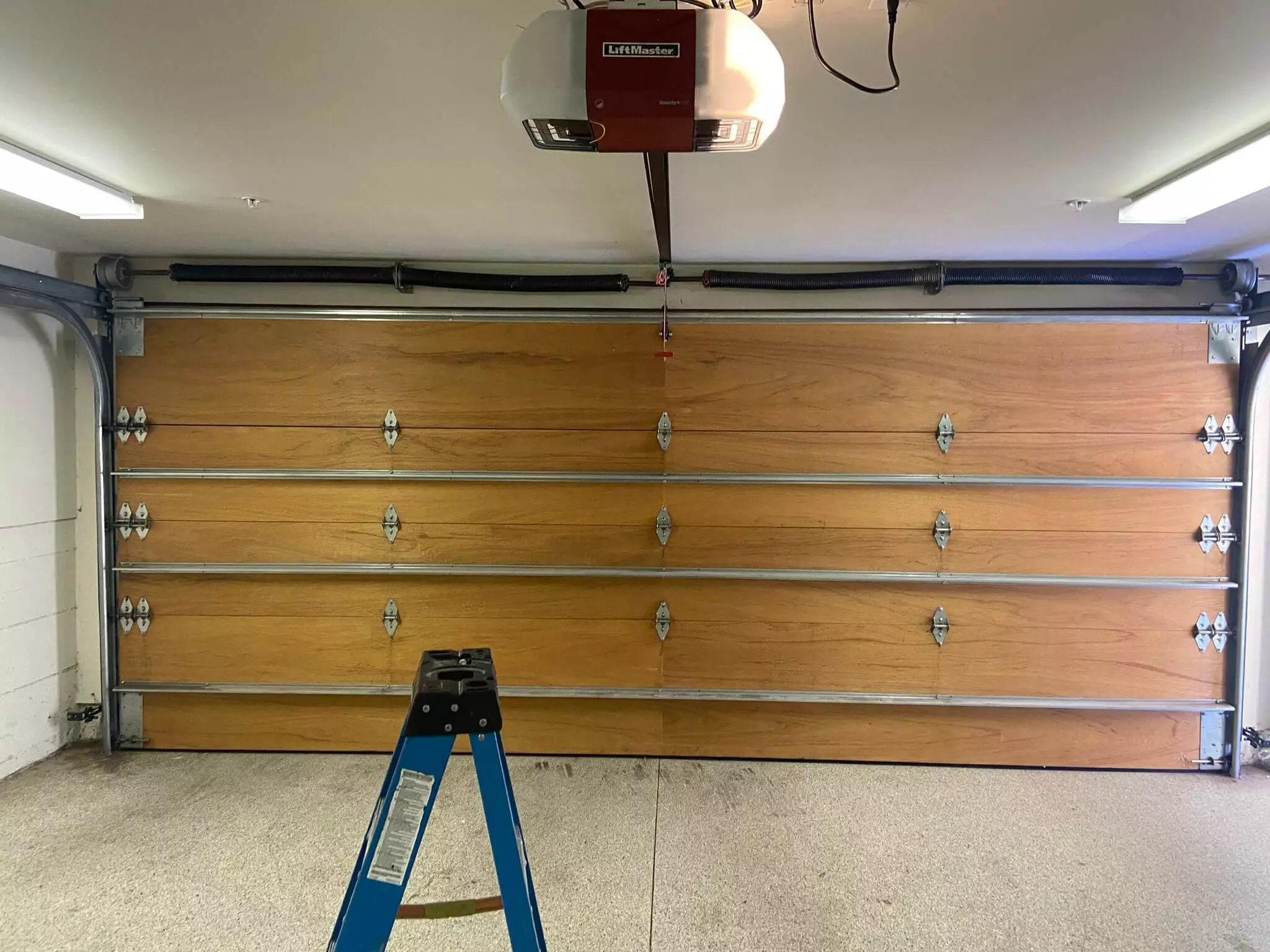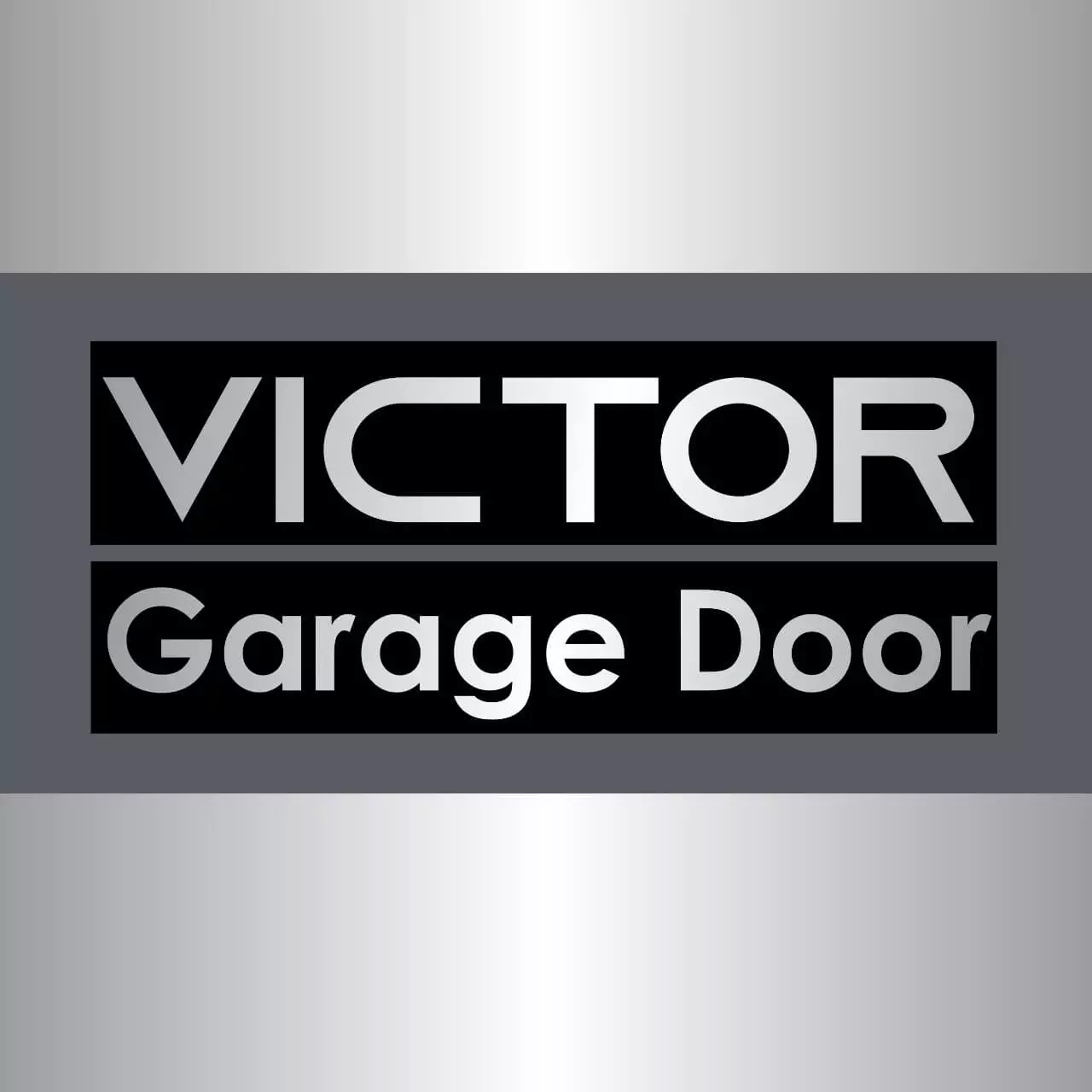The Pros and Cons of Different Garage Door Materials
Your garage door is more than just an entry point – it’s a significant design element that can enhance your home’s curb appeal. When it’s time for a garage door replacement Windsor, choosing the right material is crucial. In this guide, we’ll delve into the pros and cons of various garage door materials, helping you make an informed decision that suits your style, budget, and maintenance preferences.
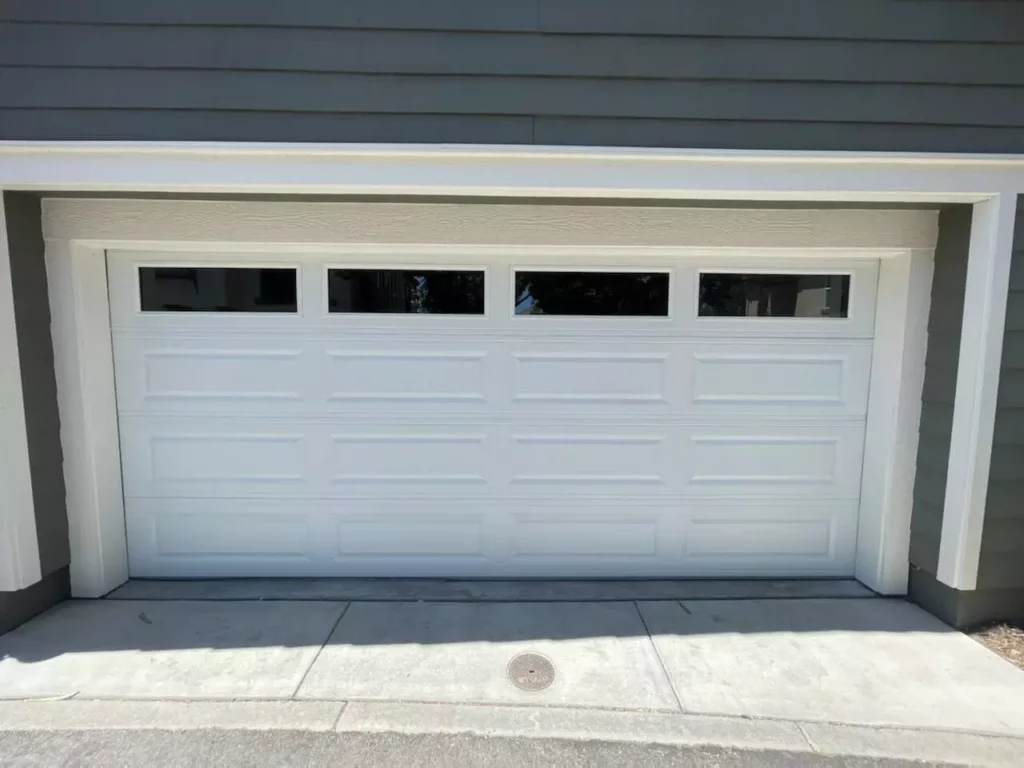
Content
1. Steel Garage Doors: Durability and Versatility
Pros: Steel doors are known for their durability, making them an excellent long-term investment. They require minimal maintenance and come in a variety of styles, from traditional to contemporary. Plus, they offer good insulation options, helping regulate temperature and energy costs.
Cons: While steel doors resist rust, they can still be prone to dents and scratches. Thicker steel doors provide better durability but may come at a higher cost. In extreme climates, they might need additional insulation to maintain optimal energy efficiency.
2. Wooden Garage Doors: Timeless Elegance
Pros: Wooden doors exude charm and elegance, adding a touch of warmth to your home’s exterior. They can be customized with various finishes and styles to match your aesthetic. Wood also provides natural insulation and noise reduction.
Cons: Wooden doors demand regular maintenance, including staining or painting to prevent warping or rotting. They are more susceptible to the effects of weather and might not offer the same level of energy efficiency as other materials. Additionally, they tend to be pricier upfront.
3. Aluminum Garage Doors: Modern Aesthetics
Pros: Aluminum doors are lightweight and resistant to corrosion, making them a great choice for coastal areas. They offer a sleek, modern look and can be customized with various finishes. Additionally, they’re relatively low-maintenance.
Cons: While aluminum doors are durable, they might dent more easily than other materials. They also don’t provide as much insulation as steel or wood. Depending on the quality and thickness, they might not be as secure as other options.
4. Fiberglass Garage Doors: Low Maintenance Beauty
Pros: Fiberglass doors mimic the look of wood without the maintenance requirements. They won’t rust, warp, or rot, making them suitable for humid climates. They’re lightweight and customizable, often featuring wood grain textures.
Cons: Fiberglass doors might not offer the same level of durability as steel or wood. While they’re resistant to environmental factors, they can crack or break upon impact. Additionally, they may not provide the best insulation.
5. Vinyl Garage Doors: Budget-Friendly and Resilient
Pros: Vinyl doors are budget-friendly, making them an attractive option for cost-conscious homeowners. They’re resistant to rust, dents, and corrosion, making them low-maintenance. Vinyl doors also provide good insulation and energy efficiency.
Cons: While vinyl doors are durable, they may not have the same aesthetic appeal as wood or higher-end materials. They can fade over time due to sun exposure, and color options might be limited.
FAQs
Which garage door material is the most energy-efficient?
Steel doors with insulation tend to offer the best energy efficiency. helping regulate indoor temperatures and reducing energy cost.
Are wooden garage doors high-maintenance?
Yes, wooden doors require regular maintenance such as staining or painting to prevent weather-related damage and maintain their appearance.

A business blog writer at the age of 19, Francis is a jack-of-all trades when it comes to writing. He specializes in content creation for businesses and blogs. With years of experience under his belt, he’s able to provide both written and video content that will engage readers and viewers alike!

